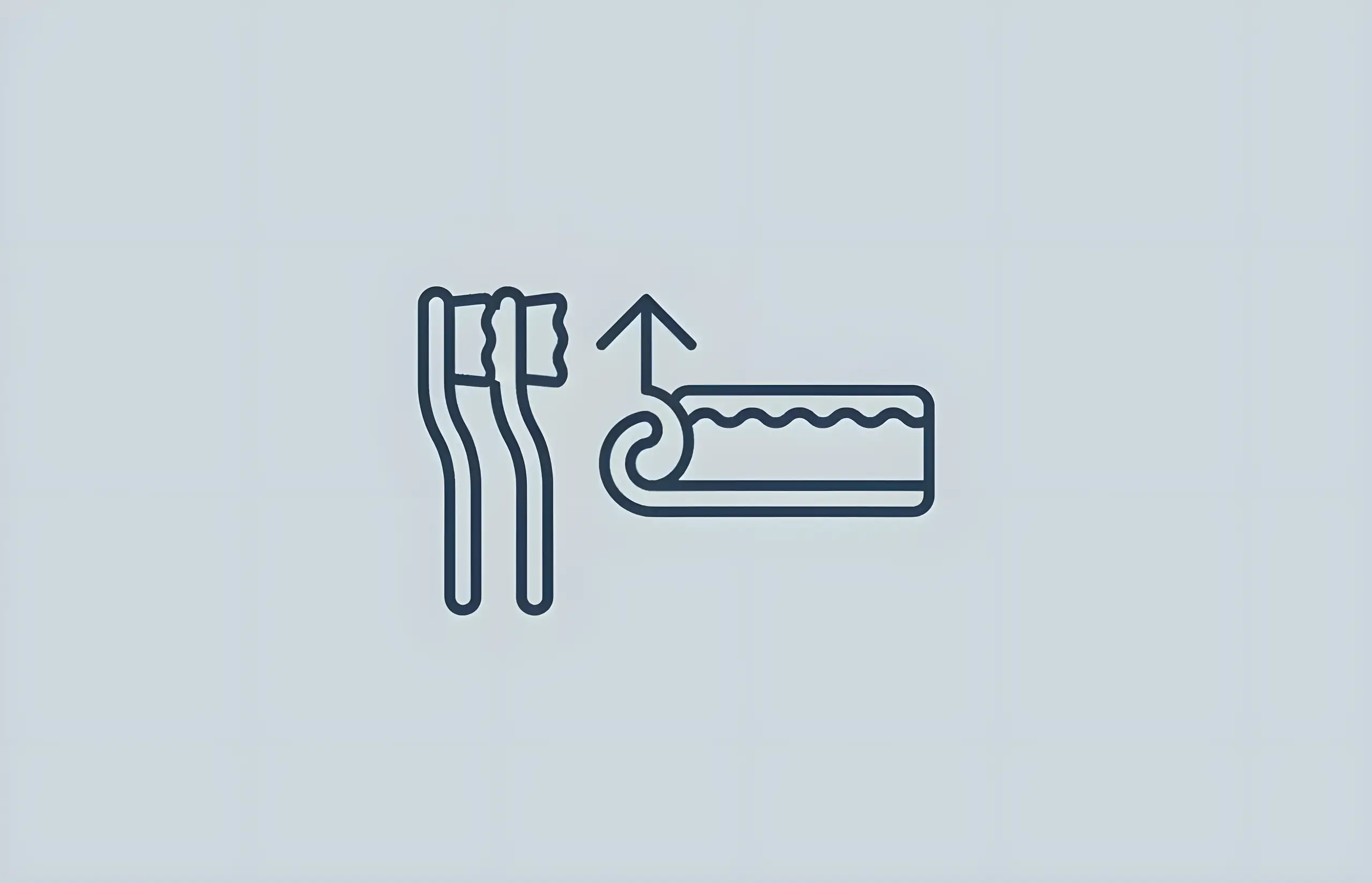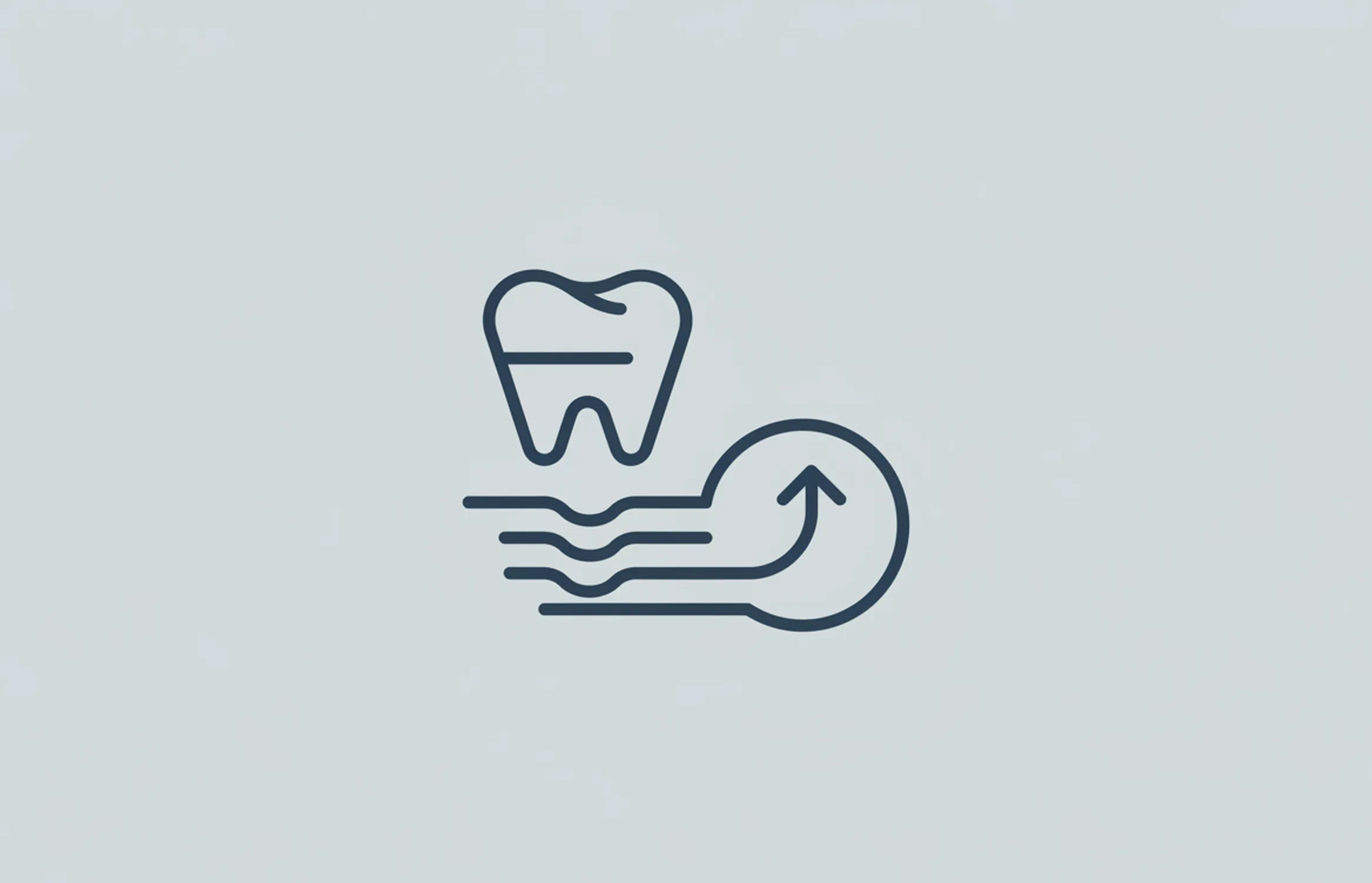Even after getting crowns or veneers for our dental health, we might still wonder whether whitening is an option for either one. Whitening techniques usually work on natural teeth, but can such methods work on materials besides actual teeth, like crowns and veneers? Is it also possible for whitening techniques to damage these materials?
Can You Whiten Crowns?
Like whitening strips or pastes, many whitening techniques work on natural teeth but do not take as well to crowns. You might use whitening kits to bring your regular teeth to your crowns' colour, but they won't do much beyond that.
The American Dental Association says that crowns cannot be whitened or bleached, though you are more than welcome to whiten or bleach your teeth if you want to match your crown colour. However, if you have more than one crown in your teeth, it's best to consult your dentist about which whitening option is safest for you.
Can You Whiten Veneers?
Some whitening techniques work great on natural teeth, but not on veneers, resulting in an unevenly-coloured smile. If your veneers have stained or are just old (over twenty years), it might simply be time to replace them.
Whether because of age or use, veneers, especially the edges, eventually start to darken. You'll more likely see this when your gums begin to recede. Composite veneers darken more easily because composite can pick up on food or drink stains like regular teeth. Porcelain veneers, on the other hand, should not darken too much over time, since they are dense and do not absorb stains as natural teeth do.
What Options are Available?
In short, teeth whitening for crowns and veneers does not work. However, you can still use whitening techniques on your regular teeth without damaging crowns or veneers, since they are both made to endure. That said, there are plenty of ways to make sure they at least stay clean, and that you can match your crowns or veneers to your teeth.
Good, Simple Home Care
The best way to whiten (or at least brighten) your veneers is to take good care of them at home and visit your dentist regularly. Make sure you use a soft-bristled brush since firmer bristles can damage veneers. More importantly, they can cause your gums to recede and expose the veneers' base, where cavities and stains are more likely to form.
Ask Your Dentist To Polish Your Veneers
Although you cannot whiten your veneers, you can ask your dentist to polish them, which will remove any stains.
Replace Old Veneers
On the other hand, the veneers might need replacing. Veneers made over twenty years ago were composed of more porous materials that stain faster than newer materials. Plus, you can take time to choose the shade you want your veneers to be. You might even consider bringing in a Pinterest board or magazine as examples for the shade you want.
Replace Old Crowns After Whitening
Whitening materials do not change crowns' colour, but you can get new ones that match your new white smile. You can whiten your teeth at home with Whitestrips or pastes before getting new crowns.
Make sure you get your perfect shade before you pick a crown shade. Matching your teeth's shade to a crown's shade won't be as easy. Wait about two weeks after the whitening to make sure you like the new shade before picking a new crown. The wait will also give your teeth a chance to settle into the new colour, as well as a break in between treatments.
Sources and References
-
[1]
Comparative Analysis of the Color Stability of Different Ceramic Materials after Exposure to Staining SolutionsMaterialshttps://pmc.ncbi.nlm.nih.gov/articles/PMC12244616/
-
[2]
Clinical performance of porcelain laminate veneers for up to 20 yearsInternational Journal of Prosthodonticshttps://pubmed.ncbi.nlm.nih.gov/22259802/
-
[3]
Color Stability of Dental Composites after Immersion in Beverages and Performed Whitening ProceduresMaterialshttps://pubmed.ncbi.nlm.nih.gov/35382484/
-
[4]
Effect of staining solutions and repolishing on color stability of direct compositesJournal of Applied Oral Sciencehttps://pubmed.ncbi.nlm.nih.gov/20857002/
-
[5]
All-ceramic restorations: A review of the literatureJournal of International Society of Preventive and Community Dentistryhttps://pmc.ncbi.nlm.nih.gov/articles/PMC8461086/
All sources accessed and verified on . Medical information reviewed for accuracy and compliance with current guidelines.
Related Articles

Can You Whiten Veneers?
Comprehensive guide to veneer whitening, why porcelain veneers resist bleaching, stain removal options, color matching strategies, and maintenance tips

Dental Crowns – Costs & Information
Comprehensive guide to dental crowns including types (metal, porcelain, ceramic, zirconia), procedure steps, survival rates, longevity studies, costs in the UK, and comparison of materials

Does Teeth Whitening Work?
Comprehensive guide to teeth whitening effectiveness, clinical evidence comparing hydrogen peroxide vs carbamide peroxide, sensitivity rates (43-80%, 100% with 35% in-office), whitening methods (professional, at-home, strips, toothpaste achieving 1-2 shades), LED light efficacy, and safety outcomes

Should You Brush Your Teeth After Using Whitening Strips?
Learn the best practices for brushing before and after whitening strips, how they work, their effectiveness, and potential side effects

Teeth Whitening Cost and Information
Comprehensive guide to professional and at-home teeth whitening options, comparing costs (£10-£1500), effectiveness, safety, and treatment methods including laser whitening, bleaching gels, and whitening strips

Can You Put Veneers Over Crowns?
Comprehensive guide to placing veneers over crowns, why it's generally not recommended, bonding challenges, crown survival rates, and alternative treatment options

Zoom Teeth Whitening Costs & Reviews
Professional Light-Activated Whitening Analysis (15-78% Experience Sensitivity, Conflicting Efficacy Evidence)
About The Dental Guide
The Dental Guide is a trusted online resource providing evidence-based information about dental health, treatments, and procedures. Our content is created and reviewed by qualified dental professionals to help you make informed decisions about your oral health.
Our Mission
- Evidence-based dental information
- Expert-reviewed content
- Clear, accessible explanations
- Latest treatment options
- Patient-focused guidance
Editorial Standards
- GDC-registered dental professionals
- Peer-reviewed sources
- Regular content updates
- Medical accuracy verification
- Transparent authorship
Important Notice
The information on The Dental Guide is for educational purposes only and should not replace professional dental advice. Always consult with a qualified dentist for diagnosis and treatment recommendations tailored to your individual needs and circumstances.
Medically Reviewed
Reviewed by Dr. Nasim Mechoui , BDS (Bristol)
Share this article
Comments & Discussion
Have questions about dental implants? Share your thoughts or experiences.
